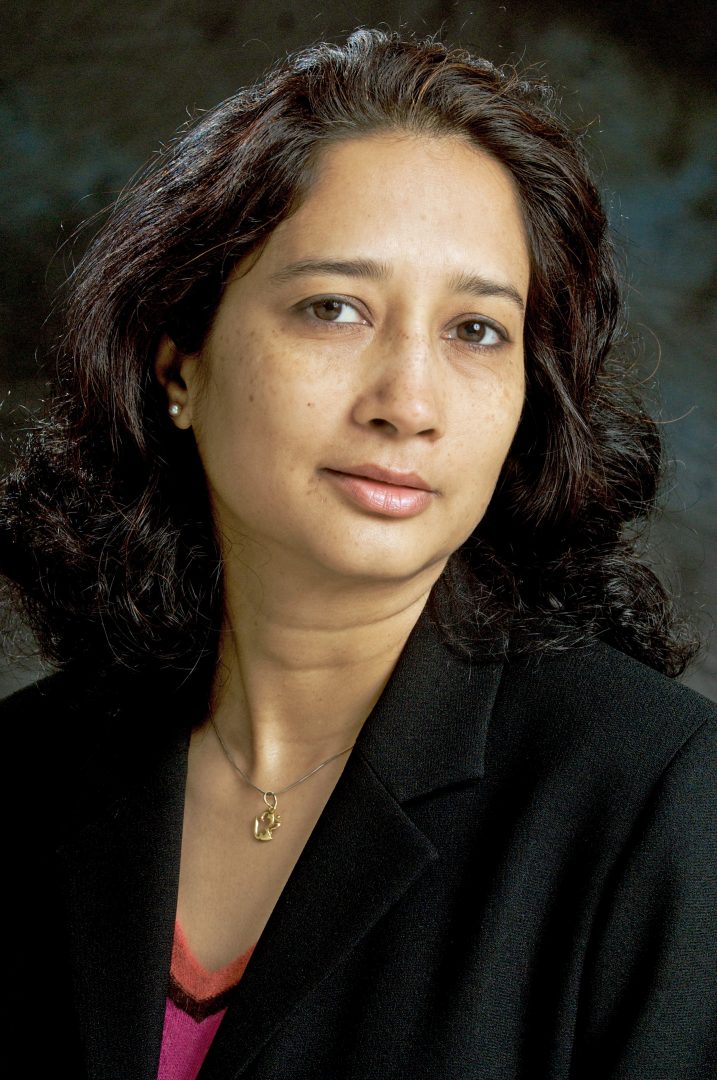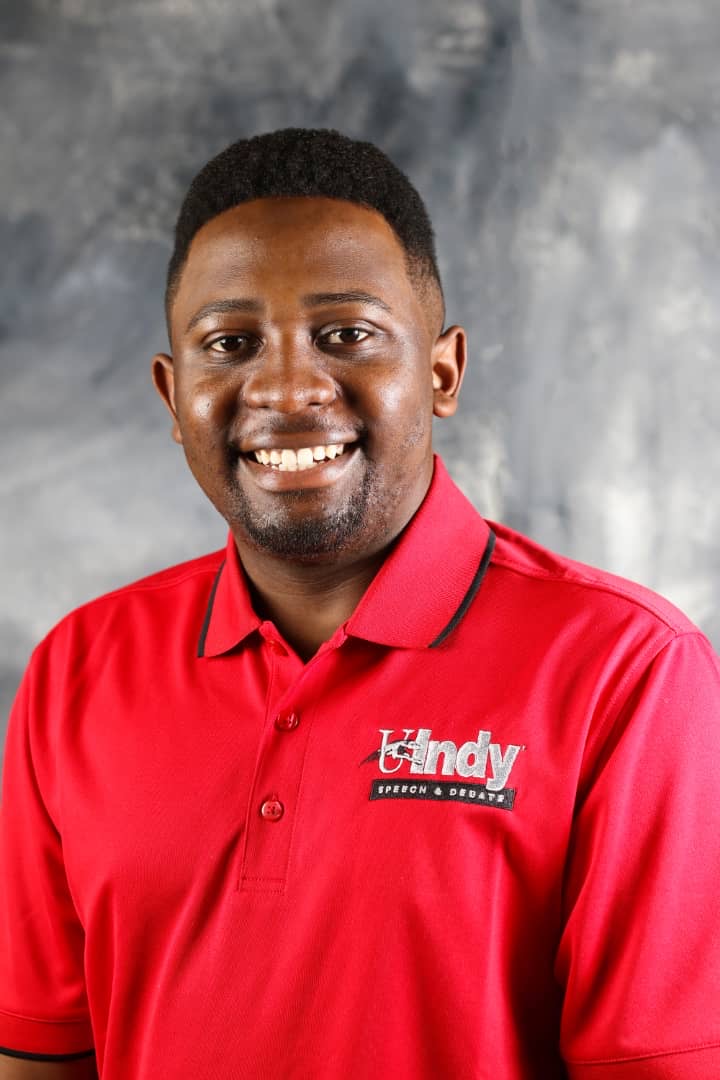For international relations majors at the University of Indianapolis, the Model United Nations program is one of the forms of practicum that they are required to participate in for their degree, according to senior psychology and international relations double major Craig-Anesu Chigadza. The class is open to all students that want to participate in it, however.
UIndy has been participating in this program for over 20 years now, but due to the COVID-19 pandemic this year, the conference was different, according to Associate Professor and Graduate Director of the International Relations Program Jyotika Saksena.

“There were multiple challenges in the sense for us this time, one, we were not used to doing the General Assembly. We always had [the] Security Council, and the rules and regulations are very different,” Saksena said. “We were working with a university in California who actually invited us to join the conference, so we had to learn new procedures ….The whole point of [the] simulation is to do it in-person, whereas where students basically fundamentally act like diplomats, so the ability to practice that kind of in-person simulation was very difficult to do online.”
According to Saksena, the new format brought many challenges, but also brought many benefits. Due to the conference being online, they were able to work with schools from all over the country, she said. Another benefit was exposing the students to new forms of technology as the team had to use Discord, which is a communication platform, to communicate with other
teams. One major change was how normally students would be placed in pairs to work together during the conference, but this year, due to the online nature, they worked independently.
“There were individual countries that were represented by individual students,” Saksena said. “So it really, to some extent, limited some of the issues and conflicts I would use to come up with partners not doing sufficient work. So I think it gave students a lot of independence to work at their own pace, to prepare at their own pace.”
The conference allowed the students to simulate the experience of the UN’s and what it would be like to represent a country and work within the different committees of the organization, according to Chigadaza. He specifically worked within the African Union as a delegate from his home country of Zimbabwe. In the process, he won best delegate out of the African Union.
“For me, I think it’s [the award] a representation of the importance of diplomacy, the importance of cohesion and the importance of discussion, especially in the international political sphere,” Chigadaza said. “As the world becomes more and more polarized, even though this was just a simulation … dealing with issues that are affecting everyday people. So, getting that award, to me, signified that international relations and international diplomacy still has a very big part to play within the international community and sort of bringing the community together.”

According to Chigadaza, he had previous experience in Model UN, as he had done it in Zimbabwe, but it was still very different competing in the American and international circuit.
He said the conference provided them with the resolutions that they would be discussing beforehand so everyone participating would be able to prepare. The research involved a large amount of data and other information that Chigadaza and the rest of the team had to comb through to prepare arguments and talking points. He said that a lot of the data is from live
research, which is data from researchers in the field, making it even more important to respect the countries.
Many students do not get to represent their home countries, but for Chigadaza, he was able to do so. He said that it has been a lifelong aspiration of his to represent his country. The issues that Zimbabwe faces were also brought to light, according to Chigadaza.
“Starting to take those steps towards representing Zimbabwe politically, it’s an honor,” Chigadaza said. “It also [helps me] not hide from the reality of it. It allowed me to realize the challenges that Zimbabwe is facing. The obstacles that we’re facing, places where we have failed as a country and places where we can grow, because I totally believe that youth have the ability to change the direction of Zimbabwe as a country and Southern Africa as a region of Africa.”
Saksena said that the learning done in the class and at the conference goes beyond just learning the content and that the experience in applying the content is what really helps the students. She said that the students are also able to learn a lot about themselves by participating. Chigzdaza said that Saksena did a great job preparing all the students for the conference.
“I think it was interesting to see that you can combine the communications department and the department of international relations, history and political science and merge it into one sort of experience and be able to pull from both sides and deliver something,” Chigadaza said. “So a big thank you to all the people, my classmates, because I think at the end of the day, if the university doesn’t give us these opportunities, then these awards never come and we never get the exposure and the opportunity to network like we did.”







